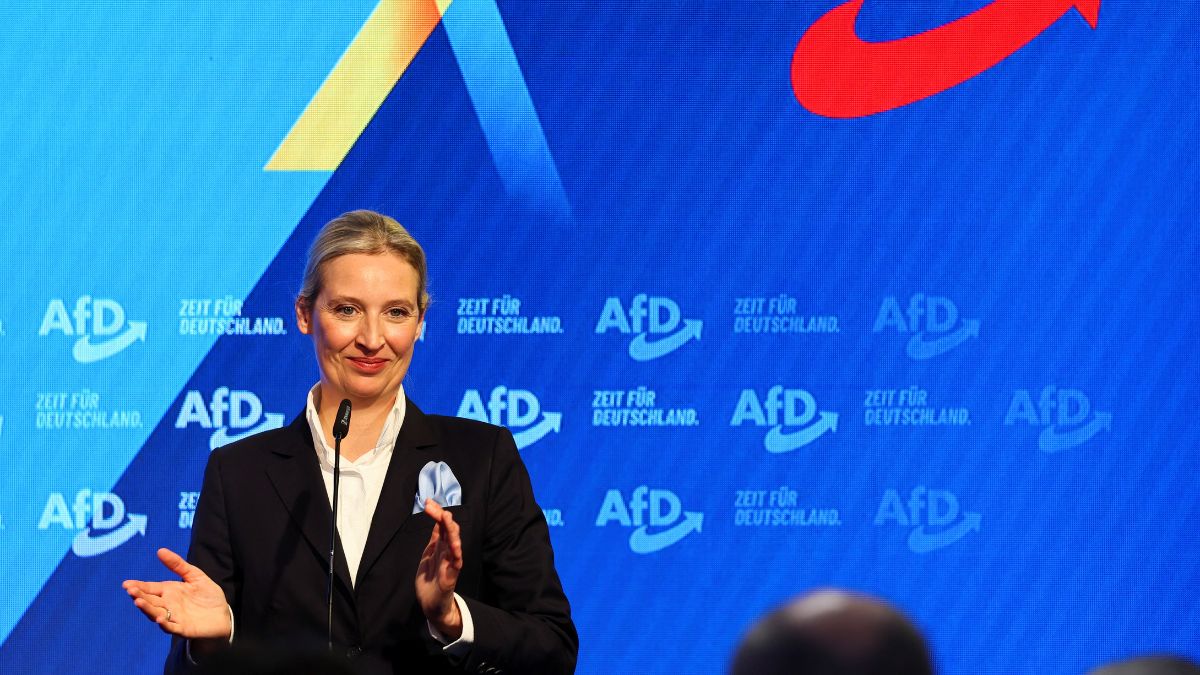For years, German parties across the spectrum have kept the far-right, neo-Nazi party AfD out of major parliamentary business or any government coalition.
This boycott of the AfD has been called a ‘firewall’ against the far-right in Germany. However, there are signs that the firewall is ending in the coming days.
Such a shift appears to be a result of the realisation that AfD is now as mainstream as any other party and continuing its boycott would only lead to the party play the victim card and gain further support. The party already has ample support.
In the 2025 German elections, the AfD emerged as the second-largest party and got 20.8 per cent vote and won 152 seats. Earlier this month, a survey found that AfD is the most popular party in Germany. It polled 25 per cent whereas Chancellor-in-Waiting Friedrich Merz’s CDU/CSU bloc polled 24 per cent.
AfD makes its way to mainstream
With its 152 seats, the AfD is eligible to be part of several parliamentary committees and chair them.
However, the mainstream German parties have so far come together to keep the AfD out of committees and parliamentary vice presidency. That may be about to end as there are voices within the CDU/CSU bloc that favour engagement with AfD for two purposes.
Firstly, they say that AfD represents the will of the people and continuing to sideline would mean alienating those voters further.
Senior CDU leader Jens Spahn told Bild that the AfD should be treated “in parliamentary procedures and processes like any other opposition party” and that the far-right party’s MPs were “sitting there in such strength because voters wanted to tell us something” and that “we should take these voters seriously”.
Impact Shorts
More ShortsSecondly, they said that continuing to boycott AfD would mean the party would play a victim card and gain further support.
Johann Wadephul, the deputy chair of the CDU/CSU parliamentary group, told RND that the boycott allows the AfD to claim victimhood. He said he supports AfD to chair committees if its candidates “haven’t behaved inappropriately in the past”.
ALSO READ: Germany's AfD's far-right leader Alice Weidel held secret meetings with Chinese envoy
The CDU’s strategy seems to give the far-right responsibilities and air-time in the hope people will find it distasteful, according to Politico.
Over the years, some AfD lawmakers have built ties with members of other parties behind closed doors and have received signals of support, AfD officials told Politico.
But not everyone is convinced
Even as there is faction of CDU/CSU bloc that is open to engaging with the AfD, everyone is not on board.
Senior lawmaker Roderich Kiesewetter told RBB that the AfD is “a security threat to Germany” and that “AfD lawmakers don’t belong in the parliamentary oversight panel that monitors the intelligence services — just as little as in the budget trust committee”.
Similarly, CDU/CSU’s coalition partner SPD is also against the AfD’s mainstreaming.
“The AfD is not a party like any other. We will protect our democratic institutions — above all our parliament — with full determination,” SPD parliamentary secretary Katja Mast told Tagesspiegel.
There may be another barrier to AfD’s mainstreaming just yet. The coalition agreement between CDU/CSU and SPD mandates the parties to refrain from “any co-operation” with the far right “at all political levels”, according to Euractiv.


)

)
)
)
)
)
)
)
)



